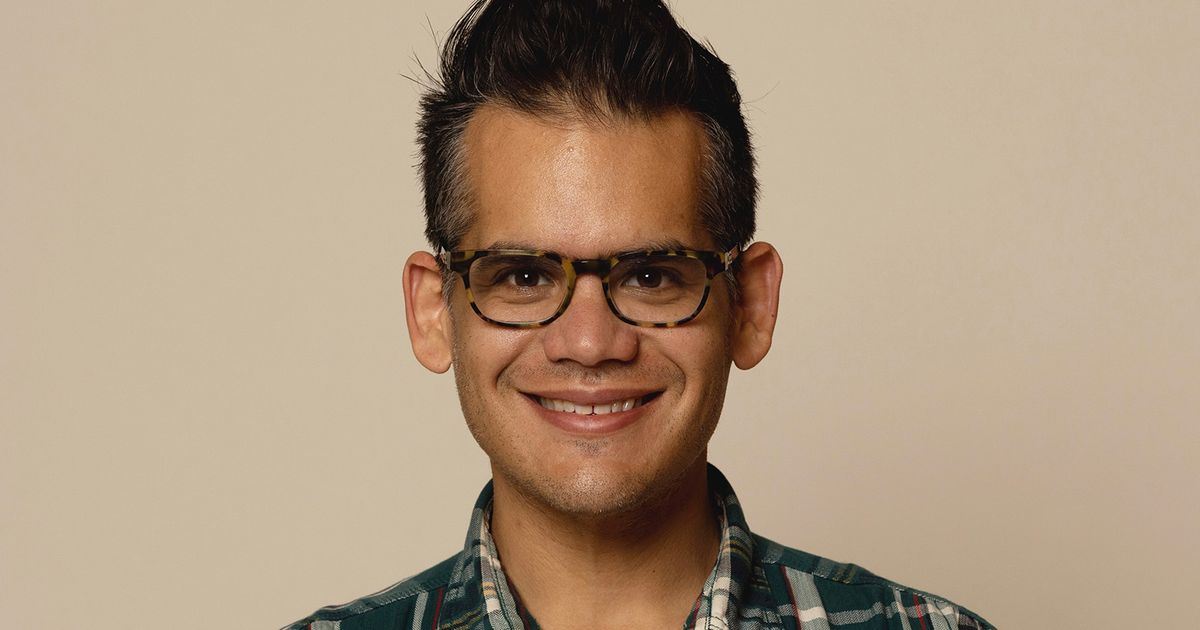Anyone who wants to correct a problem must name it first. Joe Mizrahi, running to retain his seat on the Seattle School Board, is doing so, calling out a near total dearth of leadership within Seattle Public Schools.
“I was expecting bureaucratic inertia, some incompetence, but the real lack of accountability in this district has been quite shocking to me,” he said after 15 months of observing the inner workings at SPS. Watching the litany of lawsuits, scandals and crises that have beset the district in just the year since he was appointed, Mizrahi often wonders, “How does this person still have a job?”
His first meaningful opportunity to address that question will be hiring a new superintendent. Mizrahi says he’d oppose any candidate currently working in the district. He wants an outsider without baggage or loyalties, someone willing to “be a little bit ruthless.”
This is not a tone typically taken by folks running for school board, who tend to speak in fuzzier terms. But Mizrahi is full of surprises.
Despite his day job as Secretary-Treasurer of United Food and Commercial Workers 3000, one of the largest unions in the region, he is no rubber stamp for labor.
Had he been on the school board three years ago, when Superintendent Brent Jones presented a teachers contract that pushed Seattle Public Schools deep into the red, Mizrahi says he’d never have approved it.
“I know I’m a labor guy,” he conceded. “But that’s just irresponsible.”
Instead, drawing on his own negotiating experiences within UFCW, he would have sent the superintendent back to the bargaining table. That’s a far more active style of leadership than present board directors have shown, and it wins Mizrahi an endorsement from The Times’ editorial board.
He has four opponents. Among them, Laura Marie Rivera is the strongest, and she clearly has a heart for kids. But her views on fiscal stewardship are not grounded in reality.
“We consistently underpay educators,” she says, ignoring the fact that Washington teachers, earning an average annual salary of $94,000, now rank fourth-highest in the nation, with Seattle at the upper end of the state.
In contrast to Mizrahi, Rivera says she would have approved the teachers contract — even knowing how the $100-million deficit it spawned would affect class sizes, which have ballooned to 40 kids per room in some schools.
A major driver behind the board’s oddly passive approach is the leadership model it signed onto four years ago. Student Outcomes Focused Governance mandates a literal interpretation of its title: Because contracts and budgets are not academic outcomes, board directors must back off, keeping their eyes only on grades, scores and graduation rates.
At first, Mizrahi, whose three children attend SPS, liked the idea. “Having measurable goals that are based on student achievement seems right up my alley,” he said.
But strong leaders shift their thinking in response to reality, rather than clinging to ideology, and Mizrahi now acknowledges that SOFG has done little more than shut the community out of important discussions — with no improvement to student results.
“We just need to get rid of it,” he said.
Clarity and decisiveness like that are exactly what Seattle needs to get its school district back on track.
(Except for the headline, this story has not been edited by PostX News and is published from a syndicated feed.)

